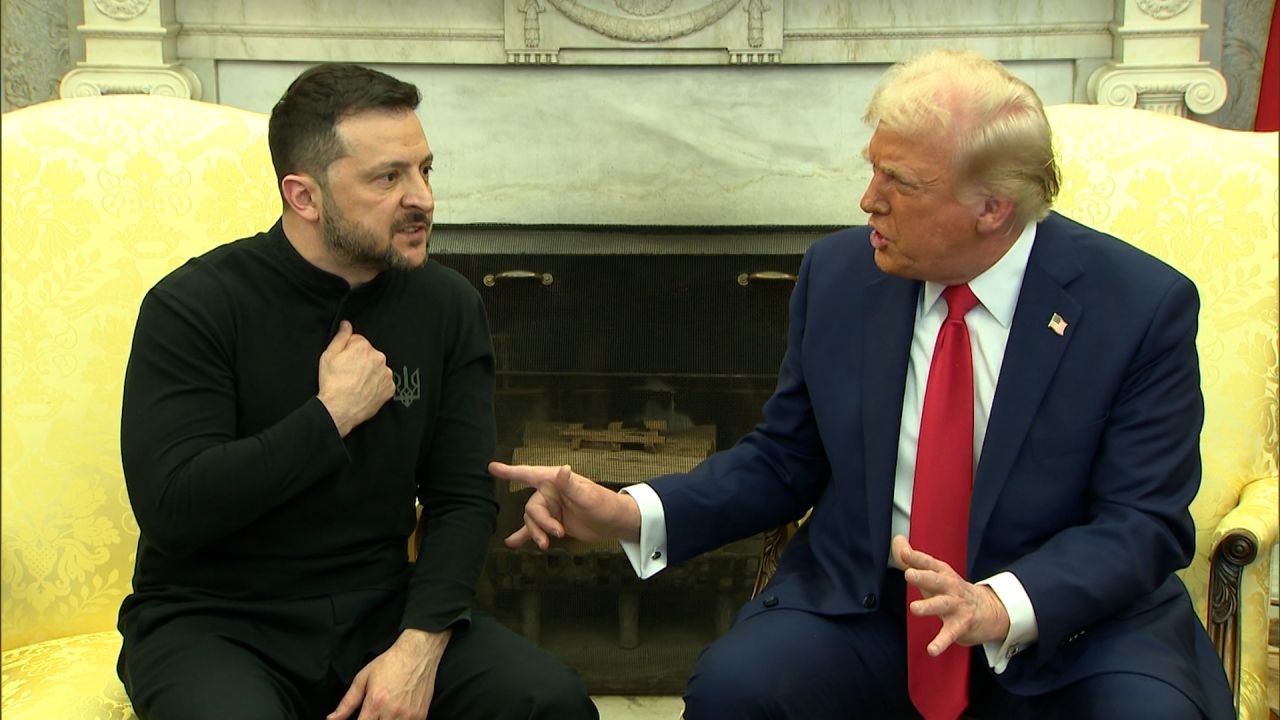Author:
Szymon Tochowicz
Negotiations Without Borders – Culture or Personality?
When engaging in international negotiations, one of the first questions that often arises is: How much do cultural differences influence the process? The answer is—significantly. Culture shapes everything from relationship-building to hierarchy management, strategic preferences, and even how people perceive time. In some cultures, such as in Asia, trust must be established before discussions can move to concrete terms.
In contrast, Northern European negotiators often focus on data and logic, prioritizing efficiency over personal connections. In the U.S., the emphasis tends to be on directness and measurable outcomes, often moving negotiations forward at a rapid pace. And the dynamics become even more nuanced when considering Southern Europe or the Middle East, where negotiations often blend pragmatism with deeply embedded social customs.
But despite these cultural distinctions, there is something universal in negotiation—human behavior.
The Eveneum Negotiation Personalities Model
After leading negotiation training programs across Europe, Asia, and the Americas, we’ve observed a consistent truth: while cultural norms influence negotiation styles, individual personality traits remain strikingly recognizable across borders. At Eveneum, we’ve developed a model that captures four key negotiation personalities:
- The Locomotive – driven, goal-oriented, and relentless in pursuit of results.
- The Engineer – analytical, structured, and focused on problem-solving.
- The Enthusiast – energetic, adaptable, and persuasive.
- The Friend – relationship-driven, empathetic, and trust-focused.
Of course, an Enthusiast in Scandinavia will not behave exactly like one in India or Italy. Similarly, a Locomotive in the U.S. will have a different approach than one in Japan. However, within their respective cultural contexts, the underlying behavioral patterns remain surprisingly stable. This observation isn’t just based on our experience but is also reinforced by the feedback we receive from participants in our negotiation training programs worldwide.
What Does This Mean for Business Negotiators?
Understanding cultural frameworks is essential, but recognizing personality-driven behavior is just as important—if not more. By focusing on the individual rather than just the cultural backdrop, negotiators can navigate discussions with greater precision and avoid unnecessary conflicts.
At Eveneum, we emphasize the importance of distinguishing between personal conflicts and productive conflicts—the latter being the essence of negotiations. Productive conflict focuses on the subject of the negotiation itself, fostering dialogue, innovation, and optimal deal-making.
So, what’s more important in negotiations—culture or personality? The best negotiators recognize that it’s not an either-or question. It’s about balancing both. After all, while culture may shape our approach, human nature remains the constant thread that ties negotiations together—no matter where in the world they take place.







